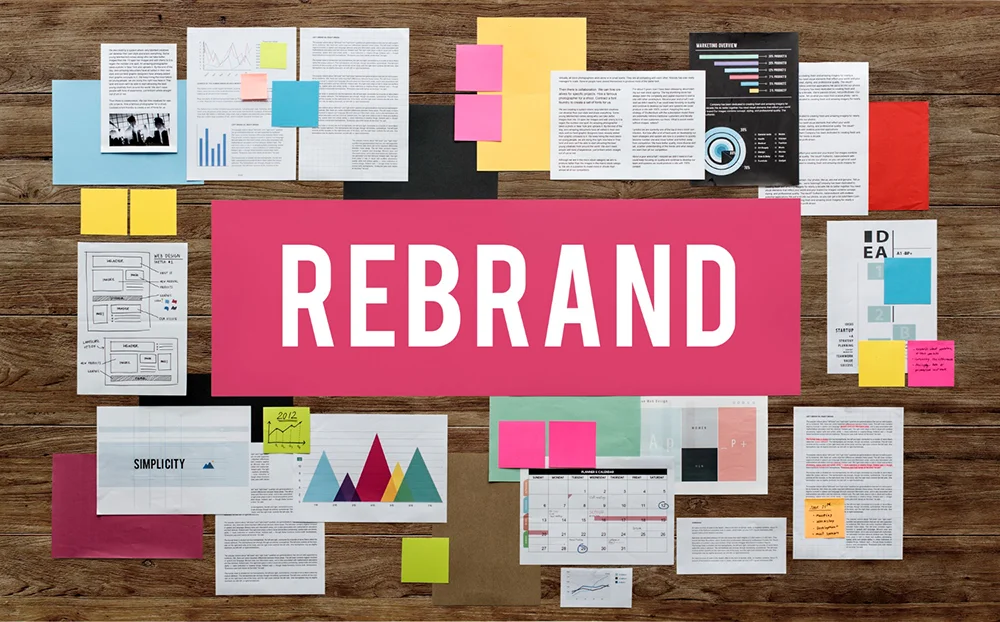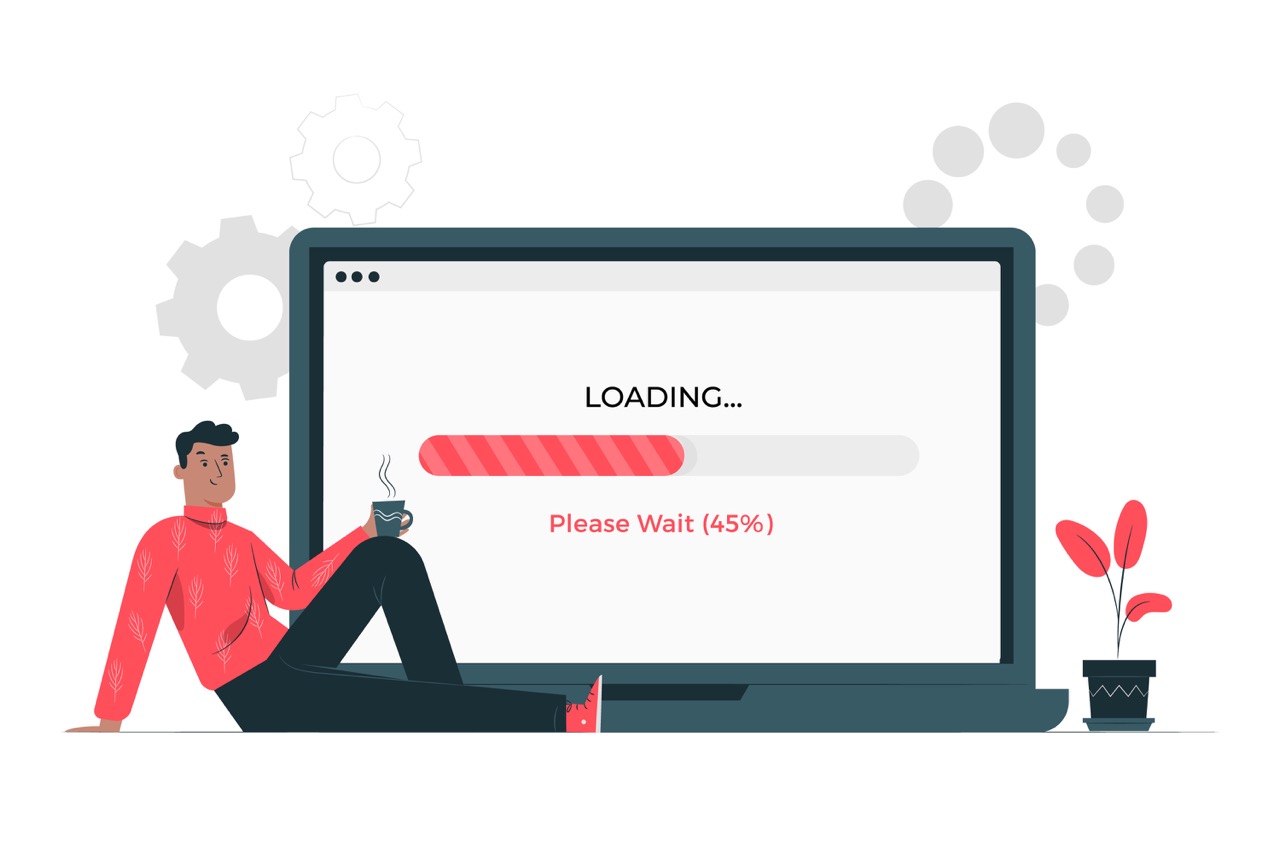Whether you are redesigning your current website or establishing a new web presence, you need a content management system to maintain and update your digital content. Choosing the right CMS for your needs is crucial, because chances are that it will be your single most used web maintenance tool after the initial design. But just how do you choose?
When it comes to CMS systems, businesses can pick from a plethora of options. Plenty of template based platforms are available for affordable rates while customized solutions offer their own unique benefits. Ultimately, your decision comes down to which system best fits your needs. To help you get to that point, here are 5 reasons to choose a custom CMS over WordPress.
1) Customization Possibilities
Above all, a custom CMS enables you to build the platform to your exact specifications. Alternatives like WordPress offer plugins that seek to help individual businesses meet their needs, but these plugins still only add limited functionality to a generalized platform.
A lack of customization for WordPress makes perfect sense: almost 60% of websites use it as their core Content Management software. But this ubiquity also makes it impossible to create a platform that will actually suit your web, content, and marketing needs.
2) Client Input
Implementing a WordPress CMS is a simple process: you take the existing platform, try to make limited modifications to fit it into your digital strategy, and run with it.
A custom CMS, on the other hand, allows for much more direct input. You work with your web developer from the beginning, establishing your needs for the platform. Then, you are involved in testing the CMS to ensure it meets all of your specification, with numerous opportunities for feedback woven in. When implementing a custom CMS, you are closely involved in the entire creation and implementation process.
3) Website Speed
Because WordPress needs to work for millions of websites worldwide, its base code tends to be overrun by clunky portions that your specific website will never access. That, in turn, slows down the loading speed of your site, which is crucial to both your user experience and SEO efforts.
According to KissMetrics, slow load times cost e-commerce merchants billions of dollars every year. Fortunately, going with a custom CMS can help you avoid falling into that problem area. Because the website’s code includes only the parts your individual site needs to function and excel, it will be lean enough to speed up your loading times.
4) Security
WordPress is open source, which means that everyone has access to its code. That’s great for affordability, but not nearly as advantageous when it comes to safety. New attacks and vulnerabilities of WordPress codes emerge regularly, putting your site at constant risk simply because it functions on the same base code.
But, as established above, a custom CMS does not. Its code is designed from scratch, leaving you much less vulnerable toward attacks that may not even be aimed at you. And because of its customizability, you can even talk to your developer about adding additional security measures as needed.
5) Support
For such a massive operation, WordPress provides surprisingly decent customer support. But in the end, it’s still just that – an impersonal knowledge base that will put you on equal footing with countless other website owners in need of help.
On the other hand, a custom CMS comes with your development partner, who will be experts on the entire platform. That means you can reach out at any time should an issue occur, and have it fixed significantly quicker – often within 24 hours.
In short, a custom CMS offers a variety of significant benefits when compared to pre-built alternatives like WordPress. But keep in mind that at the end of the day it is about selecting the correct option for your business.





